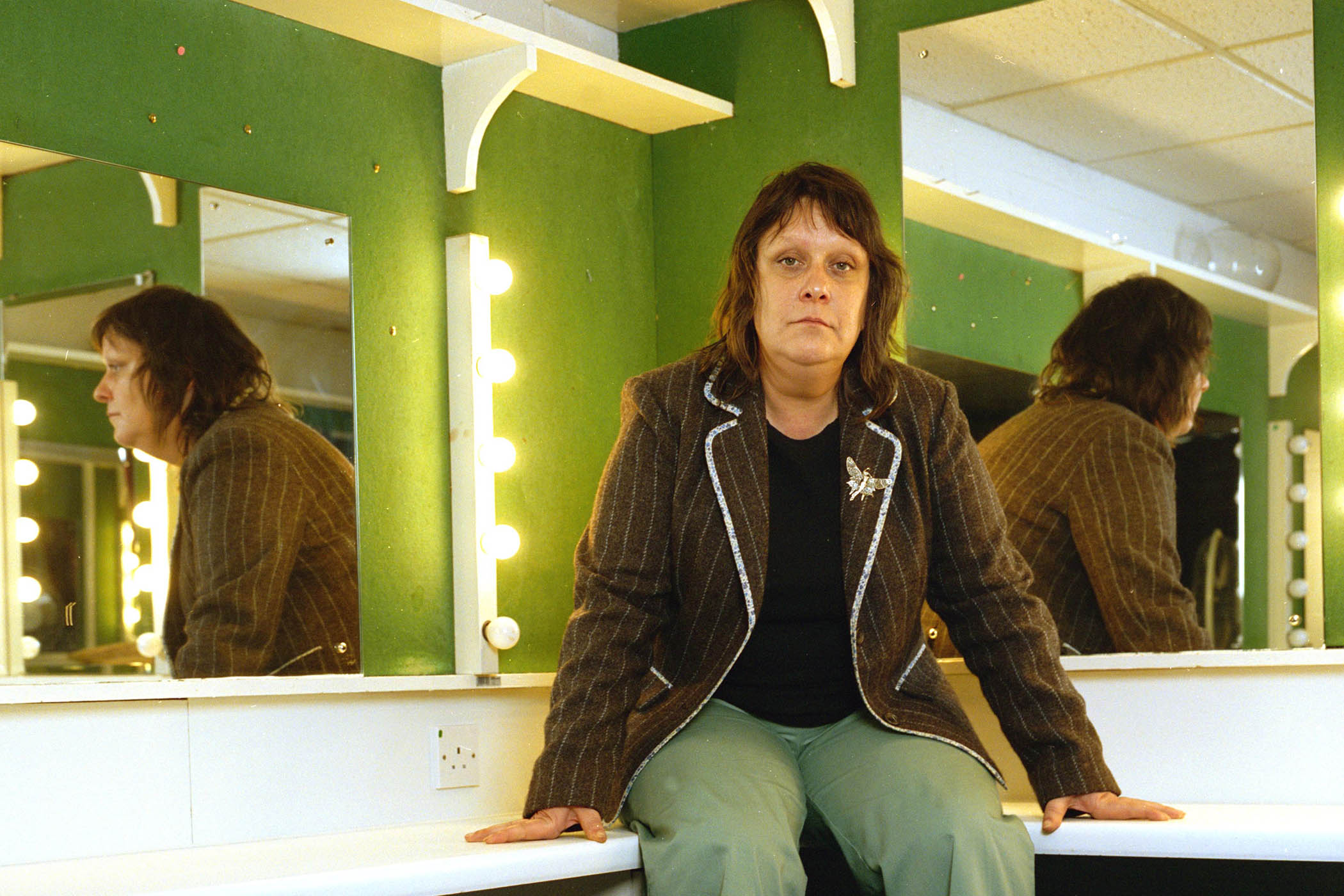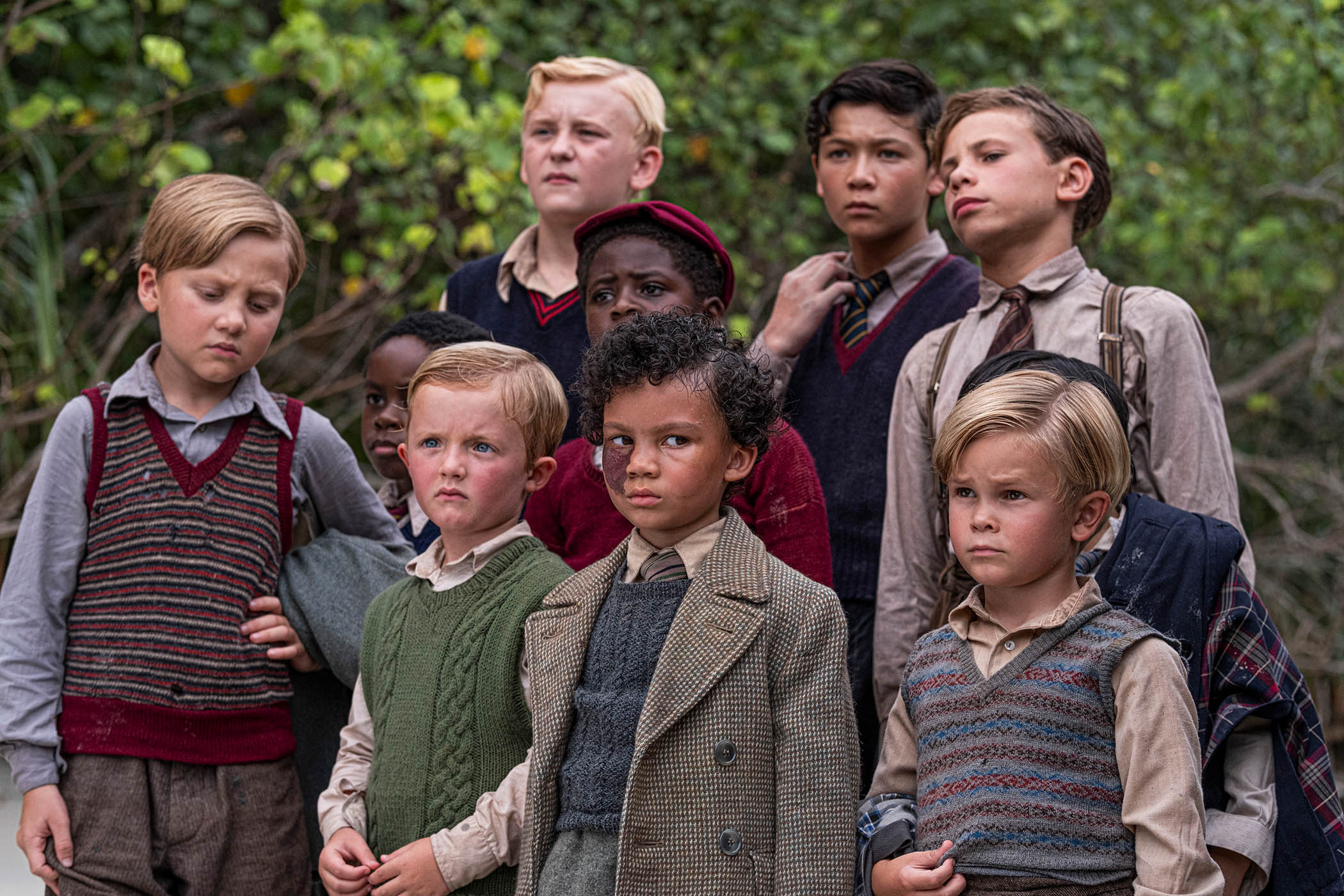An interview that the actor Kathy Burke has given to promote her forthcoming memoir, A Mind of My Own, includes her infamous takedown of Helena Bonham Carter in the early 1990s. To recap, the latter mused: “If you’re not pretty and you’re working class, you have an easier time in terms of people’s attitudes to you.” In a letter to Time Out magazine, Burke replied: “As a lifelong member of the non-pretty working classes: shut up you stupid c***.”
Burke has since met Bonham Carter and they made peace. Good to hear. Though, from the sounds of it, there’s a lot of “non-pretty” or “ugly” in Burke’s book. In her tough childhood, a woman exclaims: “Ooh, ain’t you ugly!” Young Kathy heartbreakingly responds with a quip and a dance. Elsewhere, she ponders on “not looking like an actress”; she also suspects she’s not cast because directors don’t want to sleep with her. How disturbing; but, also, I’m confused.
Here’s the thing: I don’t find Burke “ugly”. Written down, it looks patronising, but I mean it. I think she’s got striking eyes, a cracking smile and red-hot charisma that draws you to her. I mean – yes, men, I’m looking at you – what else do you want?
When it comes to the symmetry “beautiful people” are said to have, where facial features are measured with rulers and protractors, like you’re more geometry than human, the majority of us wouldn’t pass muster. Aside from that, definitions of beauty seem very much up for grabs – and in my opinion, Burke, to quote the Madonna lyric, “gives good face”. What even is “ugly”? Who decides?
The former prime minister John Major grew up working class. In a recent podcast with Gyles Brandreth, he rebukes the “arrogant” snobs who belittled his background when he first joined politics, who would say: “Major makes garden gnomes, what can you expect from him?”
Major’s father, Tom Major-Ball, worked as a circus and music hall entertainer. His family also had a business selling garden ornaments and urns – but not gnomes.
Major says he was angered by the ridicule. Maybe he’d be heartened to realise that, away from the cobwebbed mindsets of his old political stamping ground, few would have cared. If anything, it’s revealing about how dim and out of touch some politicos were and doubtless still are: not just about the fact that ordinary jobs exist, but that they need to. They even have names such as: manufacturing; industry; retail; entertainment; hospitality…
Oh, the bloodcurdling self-defeating snobbery of Westminster – will it ever die?
Actor Gary Oldman – incidentally a friend of Kathy Burke, who tried to stick up for her with directors – has received a knighthood. It’s well earned – so why am I fighting the ick?
Oldman is proud and touched to be knighted: he thinks those who refuse honours are “incredibly rude”. To me, however, it’s all so outdated and alien.
Newsletters
Choose the newsletters you want to receive
View more
For information about how The Observer protects your data, read our Privacy Policy
There are good reasons to accept gongs: say, if you’re attached to a charity. Otherwise, it seems so establishment, and I see Oldman as anti-establishment, perhaps from the roles he’s played, from playwright Joe Orton to Dracula to the personification of dishevelment, Jackson Lamb in Slow Horses.
Robert Smith of the Cure once said something about how he didn’t see why low-achieving royalty should get to reward high-achievers – though in practically the same breath, Smith said he should be king.
On the other hand, “Sir Gary” has a ring to it – it could really wind up the snobs. If there appear to be vexed social politics attached to the honours system, it could be that the problem is my own.
Photograph by Karen Robinson/The Observer



